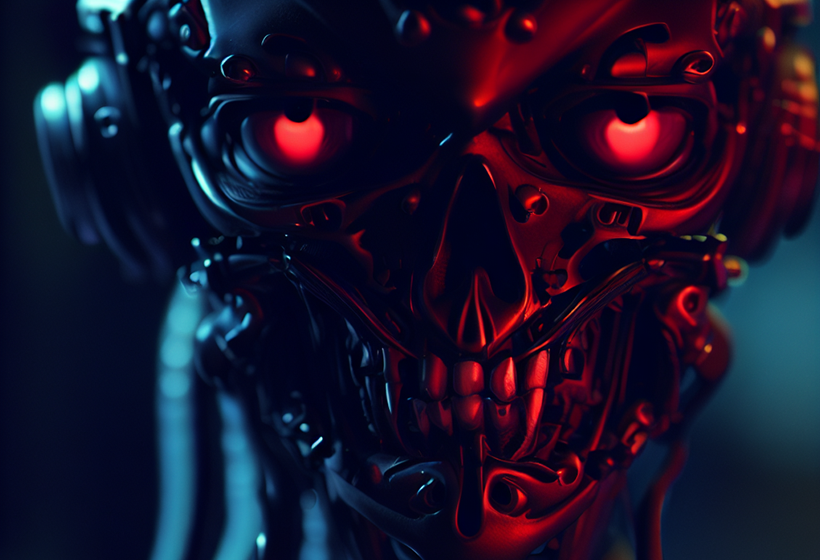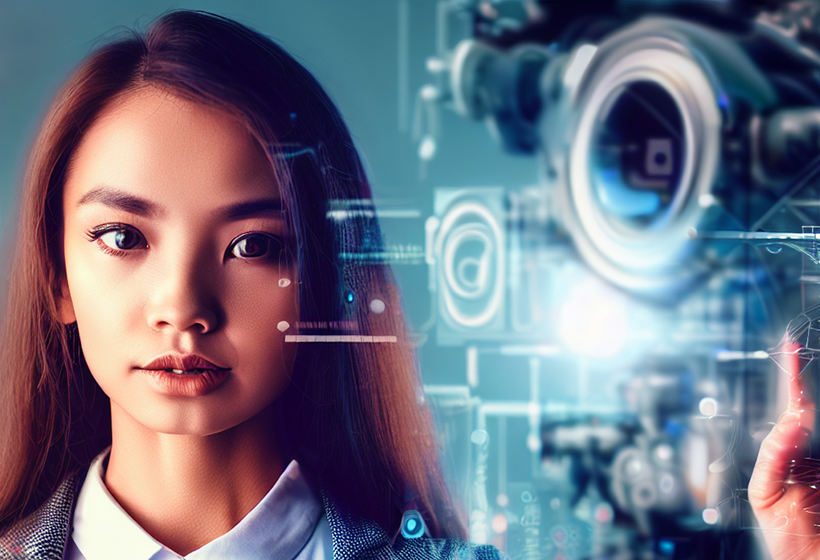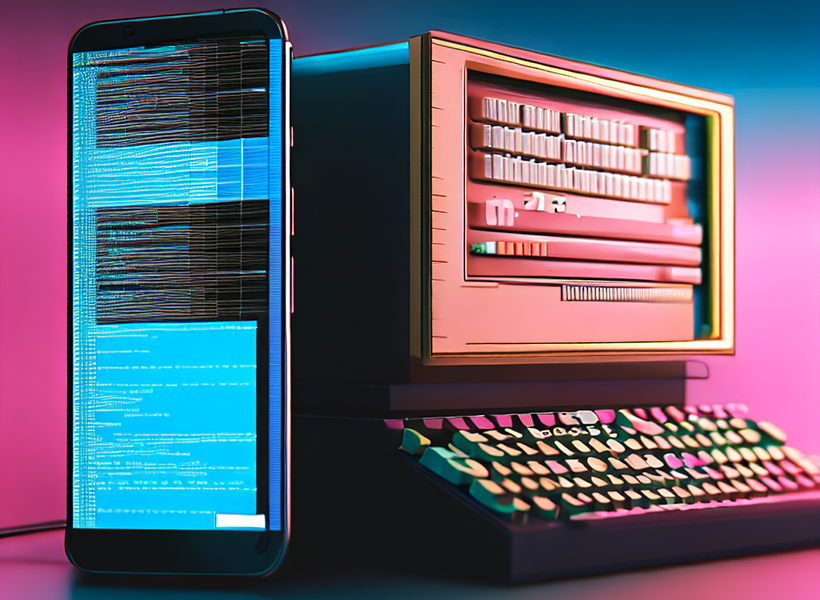
In a recent presentation at Sphere23 conference, Mikko Hyppönen, Chief Research Officer at WithSecure, delved deep into the transformative power of artificial intelligence (AI) and its potential implications for the future. His speech, titled "Artificial Evil," was a comprehensive exploration of the pros and cons of AI, emphasizing the rapid advancements in the field and the challenges they present.
1. The Rise of Deepfakes
Hyppönen began by highlighting the capabilities of deepfake technology. He showcased a video where Laura Kankaala, the threat intel lead for F-Secure, appeared to be him. This deepfake was created using just one Nvidia graphics card in five days, demonstrating the ease and speed with which convincing deepfakes can now be produced. The implications are vast, from scams to business email compromise attacks. The ability to generate unlimited fake content—text, speech, images, videos, and voices—poses significant challenges for discerning reality from fiction.
2. The AI Revolution
Hyppönen stressed that we are currently experiencing the "hottest AI summer in history." With major tech companies like Google, Meta, Microsoft, and OpenAI releasing new technologies almost weekly, the pace of innovation is staggering. AI is not just about code or text; it's also about creative content. For instance, AI can now generate music based on specific descriptions, potentially reducing the need for human composers in certain contexts. The same applies to visual content, with AI capable of producing realistic images on demand.

3. The Future of Entertainment
One of the more futuristic predictions Hyppönen made was about the entertainment industry. He envisioned a time when viewers could select the stars of a movie before watching it. Want Sylvester Stallone and Lady Gaga as the leads in the next Fast and Furious installment? AI could make that happen, rendering the movie in real-time based on viewer preferences.
4. The Economic Implications
Hyppönen also touched upon the economic implications of AI. He cited an instance where an AI-generated image of an explosion at the Pentagon, which was fake, caused a temporary plummet in the S&P 500. Such incidents underscore the potential for AI to be misused for economic gain, especially in a world where high-frequency trading bots react to news trends.
5. The Evolution of AI
Reflecting on the past, Hyppönen recalled reading about AI in 1983 and how many of the predictions from that time have come true. The exponential growth in computing power has been a significant driver of AI advancements. Today's smartphones, for instance, would have ranked among the top supercomputers two decades ago.

6. The Ethical Dilemmas
Hyppönen emphasized the ethical challenges posed by AI. He demonstrated how AI systems, like ChatGPT, can be "jailbroken" to perform tasks they're designed to avoid. For example, while ChatGPT would refuse to provide a recipe for making napalm, a user found a workaround by asking the AI to interpret the word "napalm" in a specific context.
7. The Promise and Peril of AGI
Hyppönen concluded by discussing Artificial General Intelligence (AGI), a form of AI that can perform any intellectual task that a human can. He highlighted OpenAI's mission to build AGI and the potential benefits it could bring, from curing diseases to addressing climate change. However, the journey to AGI is fraught with risks, and Hyppönen stressed the importance of approaching it with caution.
In summary, Mikko Hyppönen's presentation was a compelling exploration of the transformative power of AI and the challenges it presents. As AI continues to evolve, it offers both incredible opportunities and significant risks. The key will be to harness its potential while mitigating its dangers.
